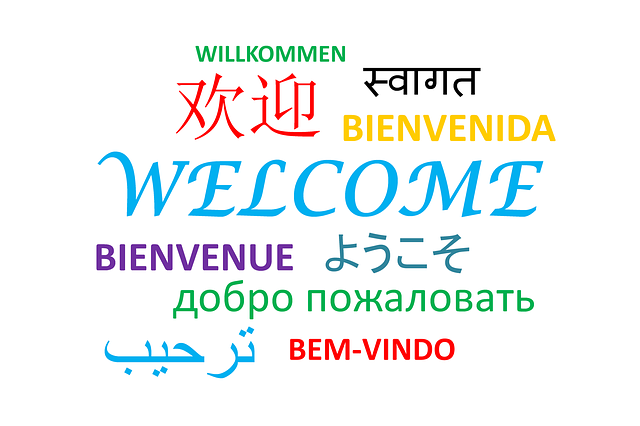This polite and practical phrase helps you ask for directions in an unfamiliar city. Let’s explore how to say it in Spanish, Italian, Portuguese, German, and French.
1. Word Overview
| Language | Native Phrase | English Translation | Part of Speech | IPA Pronunciation |
|---|---|---|---|---|
| Spanish | ¿Puede mostrarme en el mapa? | Can you show me on the map? | Question phrase | [ˈpwe.ðe mosˈtrar.me en el ˈma.pa] |
| Italian | Può mostrarmelo sulla mappa? | Can you show me on the map? | Question phrase | [pwɔ moˈstrar.me.lo ˈsul.la ˈmap.pa] |
| Portuguese | Pode me mostrar no mapa? | Can you show me on the map? | Question phrase | [ˈpɔ.dʒi mi mosˈtɾaʁ nu ˈma.pɐ] |
| German | Können Sie es mir auf der Karte zeigen? | Can you show me on the map? | Question phrase | [ˈkœ.nən ziː ɛs miːɐ aʊ̯f deːɐ ˈkaʁ.tə ˈtsaɪ̯.ɡn̩] |
| French | Pouvez-vous me le montrer sur la carte? | Can you show me on the map? | Question phrase | [pu.ve vu mə lə mɔ̃.tʁe syʁ la kaʁt] |
2. Example Sentence
Spanish: ¿Puede mostrarme en el mapa dónde estamos? English: Can you show me on the map where we are? Tip: “Puede” is the formal “you can” form; use with strangers.
Italian: Può mostrarmelo sulla mappa, per favore? English: Can you show it to me on the map, please? Tip: “Può” is polite; “me lo” is “it to me” combined.
Portuguese: Pode me mostrar no mapa como chegar? English: Can you show me on the map how to get there? Tip: “Pode” is used for polite/formal situations.
German: Können Sie es mir auf der Karte zeigen? English: Can you show it to me on the map? Tip: “Sie” with a capital S is formal “you”; word order is important in German questions.
French: Pouvez-vous me le montrer sur la carte? English: Can you show it to me on the map? Tip: “Pouvez-vous” is a formal question structure; common in polite French.
3. Mini Grammar or Culture Note
- Formality matters: All versions use polite/formal “you” (usted, vous, Lei, Sie) which is essential in interactions with strangers.
- In Romance languages (Spanish, Italian, Portuguese, French), direct and indirect object pronouns often appear before or attached to the verb.
- In German, formal structure and word order are key — the verb often comes at the end of the clause.
4. Daily Practice Challenge
Speaking Activity: Imagine you’re lost in a foreign city. Practice asking someone to point out your location on the map in each language:
- Ask slowly, then naturally.
- Practice switching between the five languages.
- Optional: record yourself and compare pronunciation.
5. Multilingual Bonus Comparison
| Language | Phrase | Pronunciation Help |
|---|---|---|
| Spanish | ¿Puede mostrarme en el mapa? | PWEH-deh mos-TRAR-me en el MA-pa |
| Italian | Può mostrarmelo sulla mappa? | PWO mos-TRAR-me-lo SOOL-la MAP-pa |
| Portuguese | Pode me mostrar no mapa? | POH-dji mee mos-TRAR noo MA-pa |
| German | Können Sie es mir auf der Karte zeigen? | KÖN-nen zee es meer owf der KAR-te TSAI-gen |
| French | Pouvez-vous me le montrer sur la carte? | POO-veh voo muh luh mon-TRAY syr lah KART |

